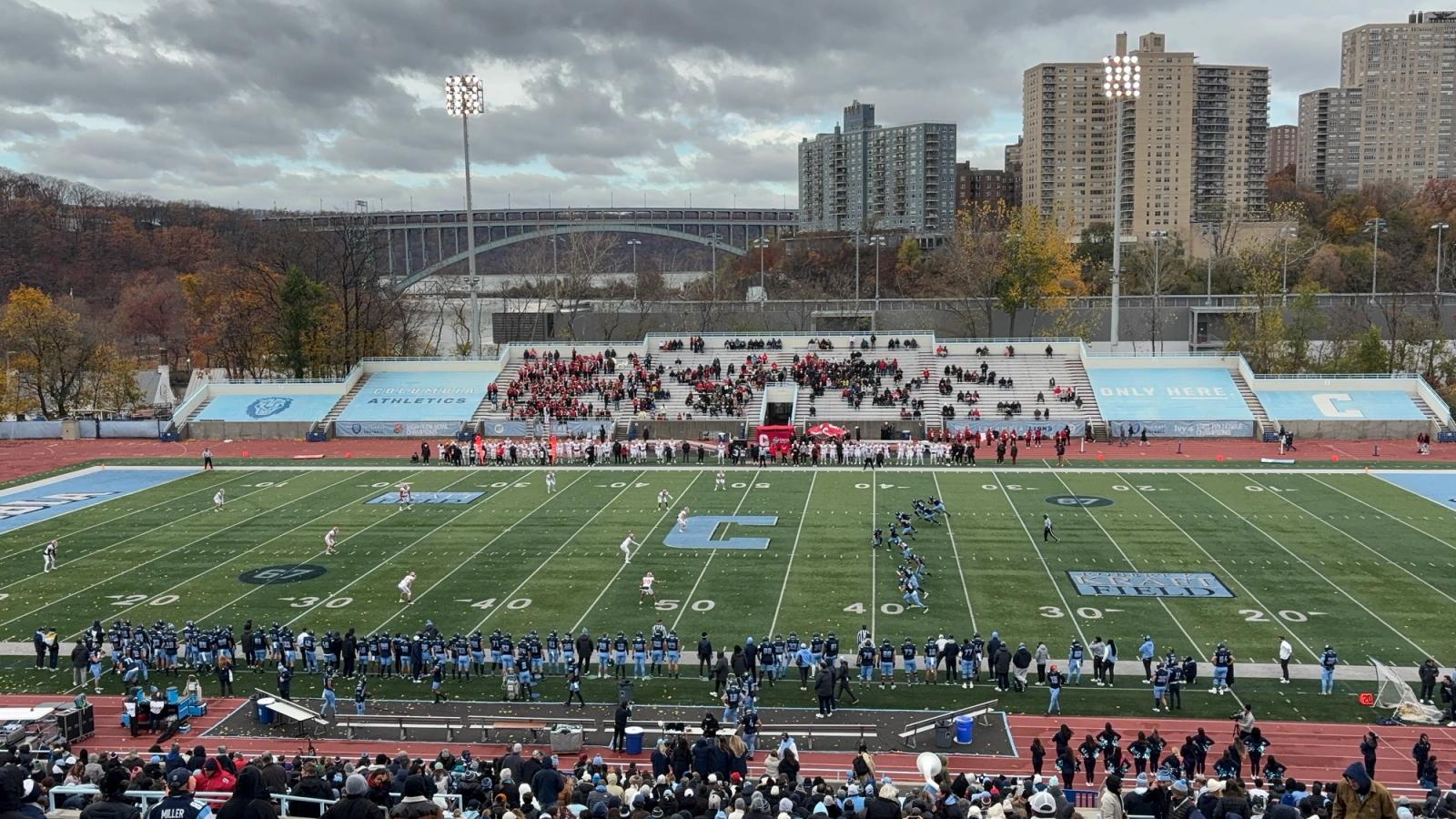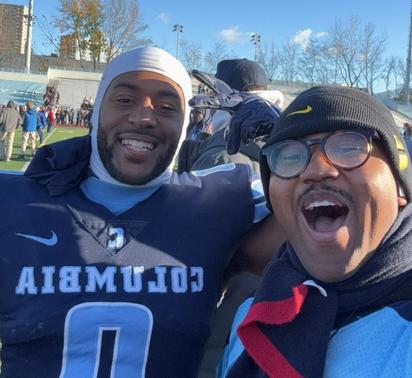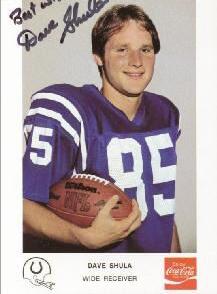•
Written By
Written By
•
•
•
Loading article...
Written By
Written By
I originally looked to showcase an overrated rivalry when covering Cornell-Columbia, but instead I found the heart of college football and saw the culmination of a 63-year quest.
Written By
Omar-Rashon Borja
Senior Writer, Editor, Historian
Written By
Omar-Rashon Borja
Senior Writer, Editor, Historian

All eyes in the Northeast focus on Harvard-Yale in the final week of the FCS season. The rivalry is almost as old as the game itself. Before the forward pass, Harvard, Yale, and Princeton are the "Big Three" of the Ivy League, the perennial powers of yore. To beat either of those schools was a rite of passage into college football royalty. It's these three and the rest of the Ivy League in the eyes of many. One fan even claimed Harvard and Yale had the easiest recruiting job in the Ivy League.
However, for once, "The Game" was not the center of the Ivy League universe. Amid the towering residential structures of Manhattan's "concrete jungle" and in the shadow of the Henry Hudson Bridge, the Ivy League's loveable losers finally had their day.
As a writer, I committed the cardinal sin. I wrote off the Columbia Lions after their losses to Dartmouth and Harvard. I figured another year without an Ivy League title for Columbia. And why wouldn't I? Sixty-three years passed since the Lions won their only Ivy League title. Thus, I focused on showcasing an Ivy League rivalry living in the shadow of Harvard-Yale.
I interviewed several fans, including a former Columbia player, and received varying answers of apathy toward the rivalry. Answers ranging from, "It's a nice rivalry because we're playing for the Empire State Cup" to "Princeton are our real rivals" left me without much. One Columbia tennis coach I met, Marco Kroes, had no idea there was even a game that day. I felt discouraged until a fan brought my attention to the scenario. "If we win today, and Harvard loses. We win the Ivy League title." I was sheepish. I could not believe I had forgotten this storyline.
From there, Robert K. Kraft Field at Wien Stadium offered an atmosphere resembling a pennant race. A pair of fans next to me had the ESPNU broadcast of Harvard-Yale playing, hoping that a higher power made the once unthinkable happen. With the advent of conference championship games, college football mostly lacks the thrill of conference championship races. These fans at Wien Stadium gave a peak into yesteryear. Instead of radios, these fans had YouTube TV to monitor relevant action across the conference.
Throughout the game, I kept thinking of James, an elderly Class of 1964 Columbia grad. He was as close to a Columbia "super fan" as you can get, though mild-mannered. I asked him about the rivalry and what an Ivy League title would mean to him. He told me, "It would be a dream.” I picked his brain on what it was like to see Columbia greats like Marty Domres and Marcellus Wiley in person. We also talked about the many lowlights of Columbia football, like the 44-game losing streak from 1983-1988. Fans like this represent the heart of college football. Long-suffering fans who have seen it all and finally get to have their moment in the sun.
The game progressed, and Columbia seemed to get every break. It finally was Columbia's day. The ghosts of Paul Governali, Bill Swiacki, Lou Little, and Cliff Montgomery watched with bated breath as running back Joey Georgi cemented his place in Columbia lore. With each of his 29 carries and 165 yards, Georgi carried the burden of Columbia's failures of yesteryear, eventually scoring the clinching touchdown to give the Lions an insurmountable 11-point lead at the end of the third quarter.
Columbia recovered a late onside kick after a last-ditch Cornell field goal to make it a 17-9 game. The waiting game began. Harvard needed to lose. God decided Columbia could finally have its day when Yale held on for an upset victory against Harvard about 30 minutes after Columbia’s triumph.
There was no playoff spot at stake. The Ivy League has long turned its nose to the rest of the FCS. The Ivy League title is the ultimate goal. Some will say it is just a shared conference title, but the context of history gives this and other moments like it the flair that makes college football unique.

TV executives and conference leadership delegitimize the game’s rich and fabled history for the sake of media revenue. Instead of conference titles and old rivalries being the pinnacle of the college football season, a manufactured focus on a Playoff backed by a television conglomerate looms over the sport. The Ivy League is one of the last remaining bastions of college football’s soul.
Without history and context, we lose the soul of college football and the storylines that make moments like Columbia's title unforgettable. To some, it is just a 7-3 season and a shared conference title, but to Columbia fans, it is the reversal of six decades of misery and hardship.
Although conferences crumble and the structure of college football changes, "The Ancient Eight" remains. The forefathers of this game and the original bluebloods, their contributions to this game are indispensable. Of the eight, one was always the laughingstock, the lovable loser.
For years, Columbia fans subsisted on glimpses of glory from the past. There was always the 1934 Rose Bowl win over mighty Stanford and the "Vow Boys,” their monumental upset of the once indestructible Army Cadets in 1947, and the lone Ivy League title to draw inspiration from. Like a scene borrowed from The Wizard of Oz, the heavily flawed Lion got its payoff. New York City is the epicenter of American culture.
The start of many dreams from Broadway to Ellis Island, and on November 23, 2024, New York City was the epicenter of Ivy League football for the first time in over 60 years.
